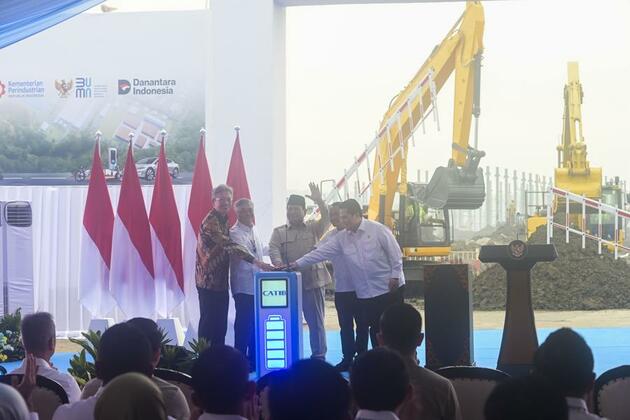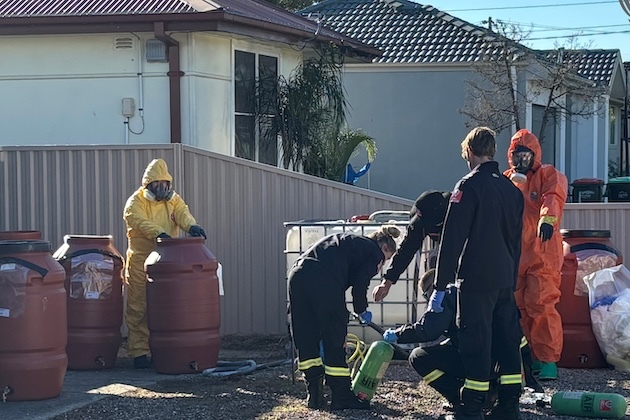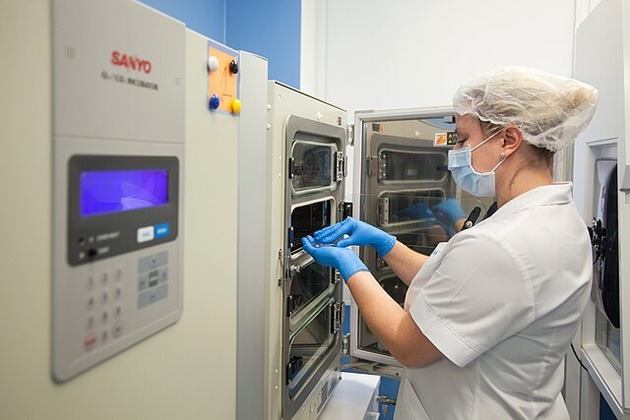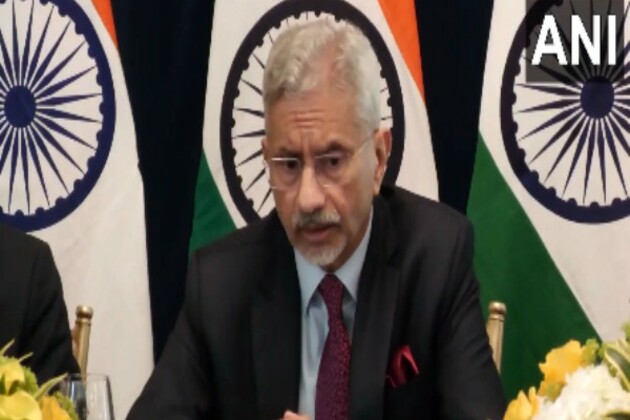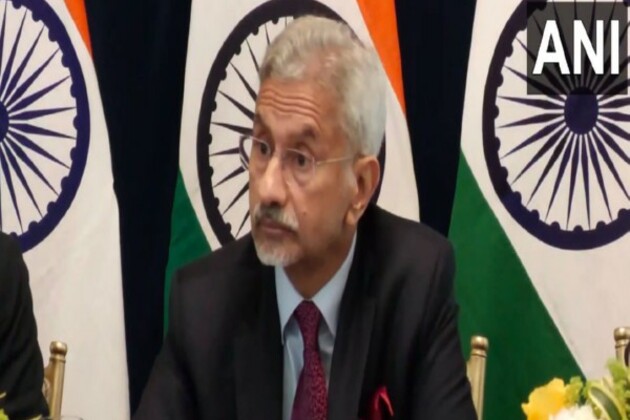Australians disagree on how important climate change is: poll
The Conversation
17 May 2019, 01:51 GMT+10
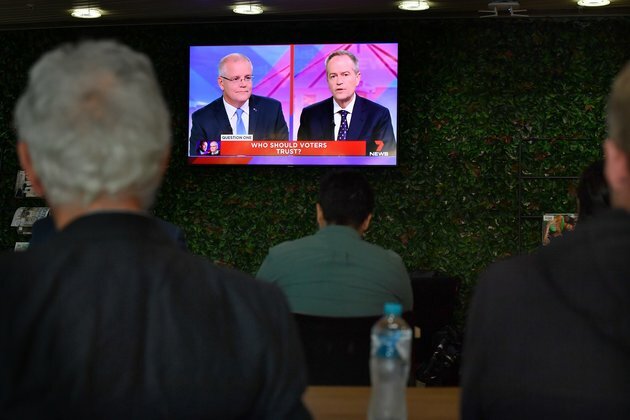
Climate change, the environment and energy policy are all key issues in this election campaign, fuelled by compelling evidence of our accelerating impact on the environment and climate. While voters agree more than you might think, there's still a serious split on the importance of acting on climate change and preventing harm to the environment.
Australia's major political parties fall into two broad camps on these issues. The Labor party is spruiking policies that control emissions and move towards renewables, consistent with its rhetoric about taking on the "top end of town" - including the mining industry.
In the Liberal-National view, concerns about energy and the environment are attacks on the businesses that deliver Australia's prosperity. Moving away from coal towards renewables is typical of an opposition that has neither the ability nor inclination to support a thriving economy and control government finances: all symptomatic of the "Bill Australia can't afford".
But are Australians really that divided? Between April 29 and May 3, 2019, we asked 1,170 people about their attitudes and behaviours, including questions about voting intentions for those respondents eligible to vote in the upcoming election.
Energy and environment attitudes
We wanted to know how our respondents intended to vote. How did that correlate with their attitudes towards climate change, and policies around energy and the environment?
We asked respondents to rate various statements about their behaviour and attitudes on a Likert five-point scale, where 1 means "strongly agree" and 5 means "strongly disagree".
These statements included eight questions about attitudes towards climate change, and five questions on various policies (a tax on carbon, an emissions trading scheme, business incentives for carbon-neutral production, and regulation of mining and plastic use).
We also asked respondents to rate the importance of the broad statement: "How important is it for the government to implement policies to address environmental damage and climate change?"
(Note: the main purpose of the survey was to explore people's likely choices about smart meters. In common with any survey, there may be many sources of sampling bias. Our survey was not designed to be a representative sample of political constituencies, and so is not an attempt to predict the election outcome.)
Then we divided the responses roughly into the two "camps" - Liberal-affiliated and Labour-affiliated - excluding the 14 responses for people intending to vote for the Centre Alliance. This gave us 635 right-leaning voters and 541 left-leaning voters.
Perhaps surprisingly, we discovered a lot of agreement across the right- and left-leaning camps. On average, our respondents agreed about their commitment to recycling and also with the statement "I think it's important that households do their bit for the environment".
In terms of their attitudes towards conserving energy, both camps agreed that conserving energy was important because they want to control their energy bills. The left-leaning camp had no strong opinions about conserving energy to help limit climate change; the right-leaning camp disagreed that they would conserve energy because of climate change.
This suggests that - for the broadest impact - demand-side management policies should focus on how households can save money by conserving energy - and smart meters could be a key ingredient in this strategy. Behavioural tools are likely to be important too and smart meters have capabilities to combine economic incentives and behavioural motivators, as we've explored in previous research into behavioural insights for encouraging energy savings.
Both camps agreed that businesses should be given incentives towards carbon-neutral production. They disagreed that current government policies were good policies. So there is a strong appetite for policy change.
Neither camp had strong opinions about carbon tax or emissions trading policies. Perhaps this is because debates around these policies are old news from the Gillard-Rudd-Abbott era, or perhaps most people just aren't sure what these policies would mean for them personally.
There were still areas of disagreement. The left-leaning camp had generally stronger opinions about climate change, agreeing that environmental damage and climate change are problems. The right-leaning camp on average neither agrees nor disagrees that these are problems.
The left-leaning camp tends to agree that the government should introduce policies to regulate plastics and mining - unsurprising given that this camp includes a substantial number of people intending to vote Green. The right-leaning camp was neutral on these issues.
Overall, this survey suggests more consensus across Australian voters than politicians might like us to believe. Once the election is over, and there is no more political mileage to be had from the mud-slinging that has characterised this campaign, then perhaps we can hope our political leaders will start expending some energy on judiciously analysing and assessing the policy challenges ahead.
This will be essential if we are to come up with policies to mitigate climate change and environmental damage, whilst also ensuring Australia's jobs, wages and prosperity.
 Share
Share
 Tweet
Tweet
 Share
Share
 Flip
Flip
 Email
Email
Watch latest videos
Subscribe and Follow
Get a daily dose of Perth Herald news through our daily email, its complimentary and keeps you fully up to date with world and business news as well.
News RELEASES
Publish news of your business, community or sports group, personnel appointments, major event and more by submitting a news release to Perth Herald.
More InformationInternational Business
SectionShell rejects claim of early merger talks with BP
LONDON, U.K.: British oil giant Shell has denied reports that it is in talks to acquire rival oil company BP. The Wall Street Journal...
Trump-backed crypto project gets $100 million boost from UAE fund
LONDON, U.K.: A little-known investment fund based in the United Arab Emirates has emerged as the most prominent public backer of U.S....
Australian PM rejects US pressure to ease biosecurity rules
SYDNEY, Australia: Australia will not ease its strict biosecurity rules during trade talks with the United States, Prime Minister Anthony...
Microsoft to cut 9,000 jobs in fresh round of layoffs: Report
Washington DC [US], July 3 (ANI): American tech giant Microsoft will lay off nearly 9,000 employees, about 4 per cent of its workforce...
Xinhua Headlines: Chinese investment empowers Indonesia's EV supply chain
* Indonesia is currently the world's largest producer of nickel and holds the biggest-known reserves of the metal, an essential component...
Taiwan banking Giant, Taipei Fubon Commercial Bank, secures approval to open branch in India
Taipei [Taiwan], July 2 (ANI): Taipei Fubon Commercial Bank, the banking arm of Fubon Financial Holding Co., has received approval...
Australia
SectionWestern Sydney raid results in seizure of $25 Million in drugs
SYDNEY, NSW, Australia - , Australian Federal Police (AFP) have shut down a secret drug lab in Sydney's west and seized more than 100kg...
UN Demands End to Myanmar Violence as Junta’s Election Plans Risk Further Instability
Nearly three months after a devastating earthquake struck Myanmar, the country remains trapped in a deepening crisis, compounded by...
Fresh IVF error raises alarm over clinic safety and oversight
MELBOURNE, Australia: A second embryo mix-up in just two months has pushed one of Australia's largest IVF providers back into the spotlight,...
Australian PM rejects US pressure to ease biosecurity rules
SYDNEY, Australia: Australia will not ease its strict biosecurity rules during trade talks with the United States, Prime Minister Anthony...
Message of Operation Sindoor conveyed with great clarity: EAM
Washington DC [US], July 2 (ANI): External Affairs Minister S Jaishankar on Wednesday said that the 'main objective' of Operation Sindoor...
South China Sea of "great concern" to Quad; ensuring it stays calm and free of conflict is a common priority: EAM Jaishankar
Washington DC [US], July 3 (ANI): External Affairs Minister S Jaishankar said that the South China Sea was discussed during the Quad...






